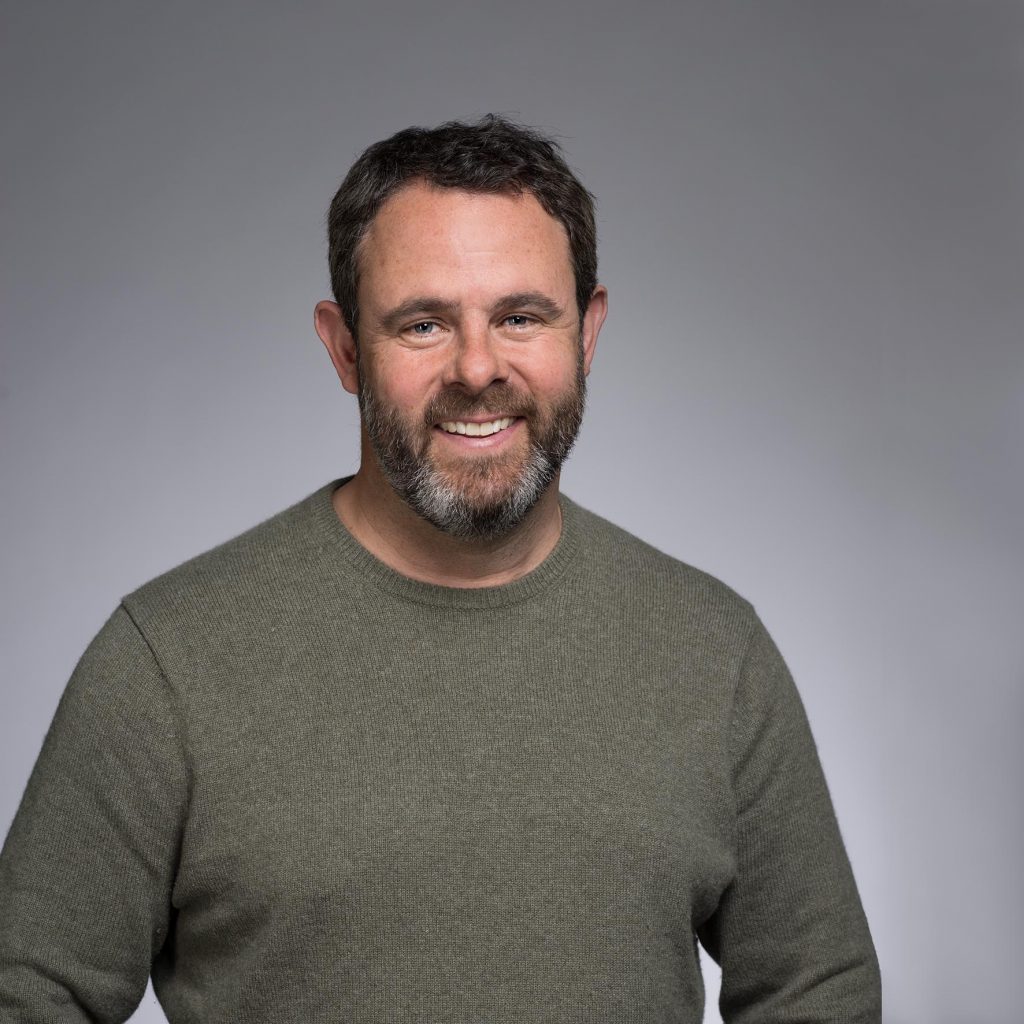Leading a VC with experience
Marc Fournier is the founder of the Venture Capital (VC) company Serena. Serial entrepreneur, innovation passionate, and education enthusiast, Marc is a multitasker at heart. After 15 years of creating startups and leading his fund, Marc Fournier has raised one billion euros to support an entire startup ecosystem. 80% of those funds have gone to French Startups, and the rest went to projects coming from neighbouring countries. Why not to UK startups, you might ask? “The UK is just too saturated”, he says.
During a lecture he gave to the participants of the Executive Master in Digital Innovation and Entrepreneurial Leadership (EMDIEL) programme at ESCP Business School, Marc explained how his motivation started at an early stage of his entrepreneurial career. He lived by the motto that he had to “start a new company every year”, under two conditions:
1) the new business should have zero known competitors in the chosen market
2) the chosen industry would be completely unknown to him
Dos and don’ts when creating a startups
Below is a sneak-peak of the many inspiring pieces of advice he gave to the programme participants:
1) “The hungrier you are, the more stressed you are, the more creative you get”
2) “Always understand the market before you invest”. If you don’t do it thoroughly, you are going to lose a lot of money.
3) “Don’t take investors’ money if you don’t need it or if you want to build a lifestyle business”.
Compared to other speakers, Marc Fournier’s opinion about calling for VC funds is nuanced. He would rather “be with his [my] own business than have a VC on board”. He says it is fundamental to consider the differences between short and long-term goals. “If your goal is to grow fast and sell your business to the highest bidder, take the money. If your goal is to keep the business in the long-run, you’re probably better off alone”. VC or external money implies a much steeper regression on your growth curve, hence greater risks of spicy downfalls.
Additionally, Marc‘s opinion has evolved over time. He says that, as much as Silicon Valley was by far the most favourable startup ecosystem 10 years ago, “all ecosystems are very close to each other now”.

Hard truths
4) “Starting a business is excruciatingly hard. You will cry over it.” – In other words, keep ambitious goals, but don’t be so pressured by delivering too fast. You need to identify ways to cut through the thicket – or as the French would say, ways to “slice the baguette”. For example, “instead of aiming at getting 30 new clients next week, aim at getting 30 clients in one month”, he says.
5) “Never evangelize nor go against the market”. A startup is not built for this, and will painfully fail when trying to adopt the same aggressive strategies as the tech giants (such as Google, Apple, Facebook and Amazon).
6) Above all, the people dimension is critical. Marc Fournier stresses how inclusion and diversity truly nurture better business decisions and greater success. For instance, he is convinced that “the more you include women in the workforce the more talents you get”, and that “the workplace needs to adapt to women, not the other way around”.
Fundamental life lessons
Today, Marc Fournier feels he has experienced enough successes and failures in his career to say that “the older he [I] gets, the better he is [I am] at what he does [I do]”. Consequently, he feels more and more able to ”delegate tasks, to do things that really matter” to him.
Marc’s latest project is called « La Ferme de La Borie », and it’s a 100% eco-friendly, zero-waste and sustainable farm in the centre of France. His goal is to feed 100 people while only using 2.8% of the available territory. But what pushed him to embark on such an initiative, while leading a VC fund and a pool of startups? “Money never, ever makes you smart”, he says. Therefore, Marc’s solution is to always keep both feet on the tangible, living ground. “I have started this farm in the poorest region of France because I’m in touch with the real economy, not with the virtual one”, he says.
For further information about this topic and about the Executive Master in Digital Innovation and Entrepreneurial Leadership (EMDIEL), please reach out to Manon Delespierre at mdelespierre@escp.eu.
Written by Manon Delespierre and adapted by the Jean-Baptiste Say Institute’s communication team.